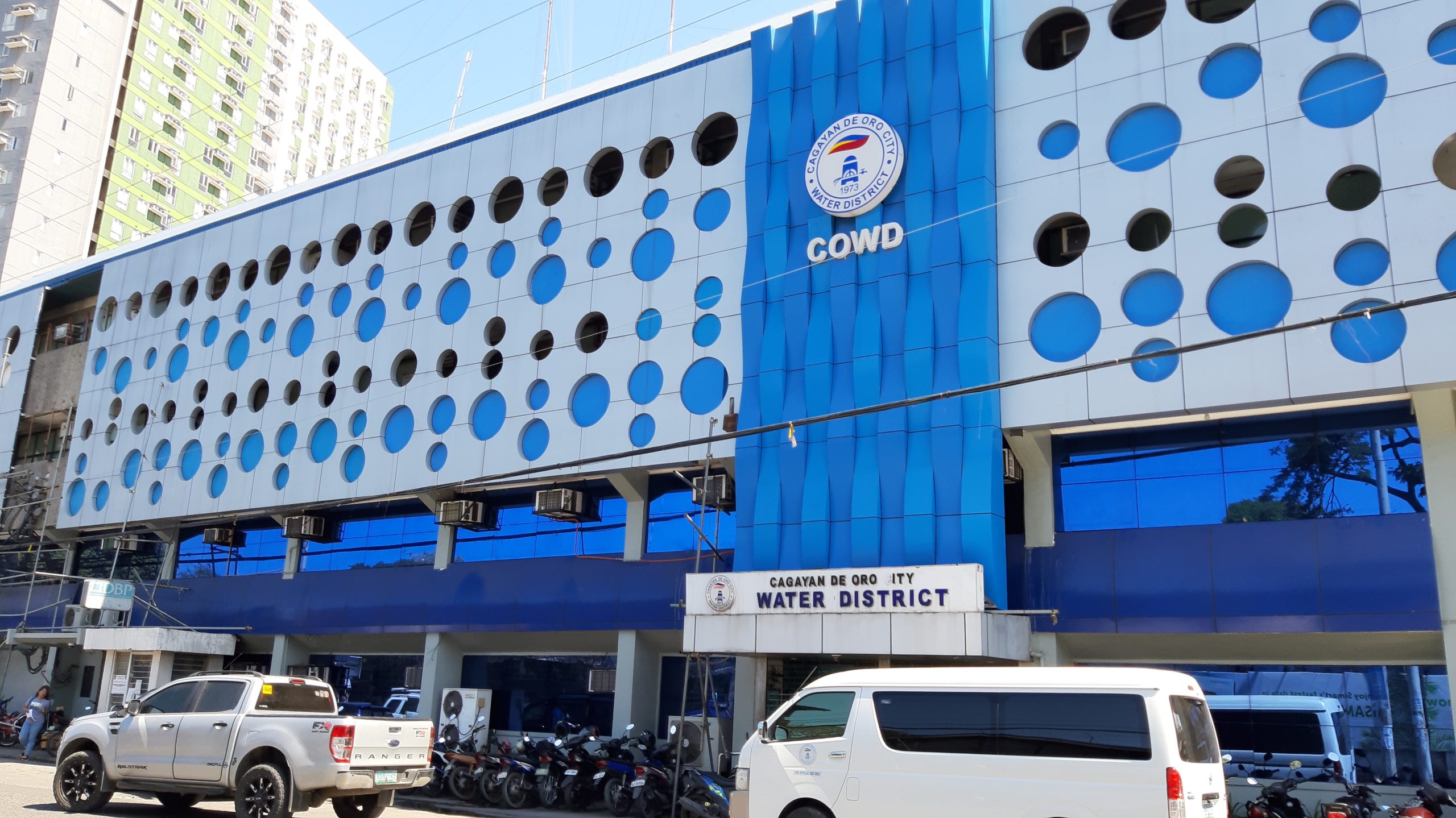THE death of a 19-year-old man and injuries suffered by another person believed to have engaged in illegal refilling of liquefied petroleum gas (LPG) prompted an environmental watchdog to call on authorities to put a check and eventually stop the very hazardous business practice.
The law strictly prohibits the refilling for retail and other purposes of LPG, the leading fuel for home cooking outside licensed and regulated LPG plants.
Records at the Puerto Police Station revealed that Orlie Abellanosa and Nino Tapik, 25, of purok 1, Barangay Balubal were brought to Sabal Hospital in Puerto for burns after an LPG in their workplace exploded.
Abellanosa later died from his injuries on Sept. 21. The two worked in the store selling various brands of LPG cylinders.
Pinoy Aksyon for Governance and the Environment (Pinoy Aksyon) made an investigation and found out that the flash fire was most probably caused by decanting or refilling smaller LPG tanks from bigger tanks.
It was learned that prices of 50kg LPG tanks is cheaper by kilograms, compared smaller cylinders. Some retailers resort to decanting from the bigger cylinders to smaller ones like the 11-kilo and other smaller cylinders to have more profit. This is prohibited under Sec. 25 of RA 8479 or the Deregulation of Downstream Oil Industry Law.
“Without the necessary fire safety systems, LPG leaks during the process of decanting. It accumulates in the air and may eventually cause flash fires when it comes into contact with heat, even tiny sparks, as what may have happened in Brgy Balubal last Sept. 19,” said BenCy Ellorin, chairperson of Pinoy Aksyon.
In a statement, Pinoy Aksyon urged the Bureau of Fire Protection and the Department of Energy to look into the matter and eventually put a stop to the illegal and deadline business practice.
The group has partnered with DOE in the campaign for fire safety in the energy and fuel industry. (PR)
Disclaimer
Mindanao Gold Star Daily holds the copyrights of all articles and photos in perpetuity. Any unauthorized reproduction in any platform, electronic and hardcopy, shall be liable for copyright infringement under the Intellectual Property Rights Law of the Philippines.







